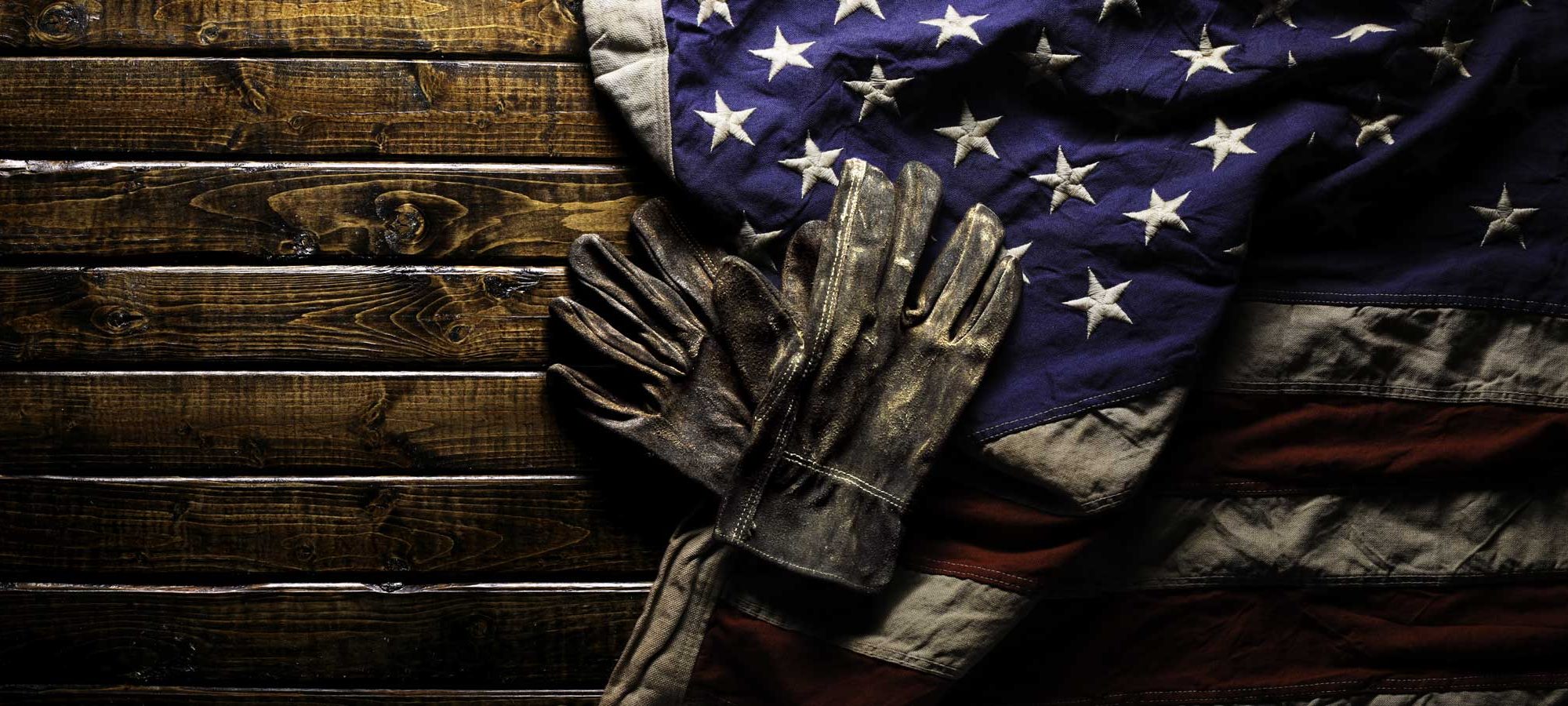Fednol Pierre’s Ordeal at Waste Pro: A Call for Change Against Racial Harassment
Racial harassment in the workplace is not just dehumanizing—it is illegal. Fednol Pierre’s experiences at Waste Pro serve as a heartbreaking reminder of how prejudice can transform a job into a daily battle for dignity and respect. His story underscores the urgent need to confront racism, hold employers accountable, and demand better workplaces for everyone.
A Devastating Pattern of Harassment
When Fednol Pierre started working at Waste Pro, he quickly found himself the target of racial harassment that went far beyond isolated incidents. On his first day, a co-worker dismissed him with hostility, saying, “There is no need for you here,” followed by a racial slur. This was just the beginning of a pattern of abuse that would escalate over the days and weeks.
Colleagues bombarded Pierre with offensive remarks, including statements such as:
- “Go back to Haiti, (n-word);”
- “Y’all don’t belong here;”
- “Go back on the banana boat;”
- “This is Trump country.”
These heinous and openly hostile comments were not whispered—it all happened in the presence of other employees, making the atmosphere suffocating and reinforcing a toxic workplace culture.
The harassment became even more deliberate when Pierre and another Black employee discovered a stuffed monkey holding an American flag deliberately placed in his work area. This cruel and degrading act, described in a lawsuit as placing a “gorilla” in his space, was a clear attempt to humiliate him further.
When Pierre tried to address the abuse, retaliation followed. Co-workers began to isolate him by refusing to communicate about auto-repairs. They deliberately assigned him the hardest welding tasks during the night shifts. To make matters worse, they locked essential welding tools in personal lockers, deliberately hampering his ability to complete his duties.
A Violation of Federal Protections
Actions like those endured by Pierre are not just morally repugnant — they are blatant violations of Title VII of the Civil Rights Act of 1964. This federal employment law explicitly prohibits employers from discriminating against employees based on their race and forbids harassment, including creating a hostile work environment and retaliating against individuals who report such behavior.
By allowing such harassment to occur—unchecked—and by retaliating against Pierre for seeking accountability, Waste Pro likely failed to meet even the most basic legal obligations of workplace equity and fairness.
The Emotional Toll of Discrimination
The psychological effects of discrimination and harassment are profound and far-reaching. For Pierre, enduring these attacks day after day likely meant confronting trauma that impacts not only his ability to thrive professionally but also his overall mental well-being.
It’s hard to quantify the exhaustion that comes from working in a space where you are devalued, demeaned, and deliberately targeted. Victims like Pierre often experience anxiety, depression, and an enduring sense of isolation. How can anyone focus on doing their best work when they’re constantly bracing for the next insult or act of sabotage?
Beyond individuals, the emotional toll of harassment has ripple effects. Toxic workplaces are breeding grounds for disengagement, reduced morale, and high turnover. They harm not only victims but entire organizations, stunting growth, fostering distrust, and eroding productivity.
The Cost to Society and Culture
Workplace harassment like this doesn’t just erode individual dignity; it undermines societal progress. When toxic behaviors are tolerated or ignored, they perpetuate patterns of inequality while discouraging talented individuals from contributing fully to the workforce.
Every incident that goes unaddressed normalizes discriminatory behavior and creates additional layers of silence. When victims learn not to speak up out of fear of retaliation—or when perpetrators face no consequences—workplace harassment becomes embedded, perpetuating harm for future generations.
Why Reporting Discrimination is Crucial
Creating meaningful change begins with exposing injustices. Reporting harassment and holding employers accountable are essential steps in dismantling toxic cultures. Individuals, however, should not have to carry the burden of change alone. It requires collective action from employers, colleagues, and advocates.
Employers must take proactive steps to foster safe workplaces, respond rapidly to complaints, and actively combat racism and intolerance. Colleagues need to be active allies, calling out harmful behavior and supporting those who speak up. Society as a whole must demand transparency and consequences for organizations that fail to meet their legal and ethical responsibilities.
Steps You Can Take to Create Safer Workplaces
If you or someone you know has experienced racial harassment, here are practical steps to support victims and advocate for justice:
- Document Everything: Victims should keep a detailed record of every incident, noting dates, times, locations, and any witnesses. This evidence is invaluable in pursuing legal action.
- Report Harassment Promptly: Notify supervisors, human resources, or use the company hotline systems to report instances of discrimination. If those channels fail, external organizations like the EEOC provide additional avenues for assistance.
- Seek Legal Counsel: Victims of harassment and retaliation should consult experienced employment attorneys to understand their legal rights and options for pursuing justice.
- Educate Yourself and Others: Encourage anti-discrimination training in workplaces and spread awareness about the signs of workplace bias and harassment.
- Be an Ally: Stand up against injustice when you witness it. Support coworkers who come forward by listening, believing, and amplifying their voices.
- Advocate for Stronger Policies: Push for diversity initiatives, zero-tolerance harassment policies, and clear repercussions for offenders.
The Fight for Fairness Continues
The racial harassment that Fednol Pierre endured at Waste Pro is a sobering reflection of the systemic issues that still plague workplaces across our nation. But stories like his are also calls to action. By shining a light on these injustices, insisting on accountability, and standing in solidarity with those who demand change, we can build a better future.
This fight is not just about protecting individual victims of harassment. It’s about ensuring workplaces everywhere are safe, equitable, and empowering spaces—where everyone, regardless of race, ethnicity, or background, can thrive.
Now is the time for action. Together, we can stop harassment and discrimination once and for all.



